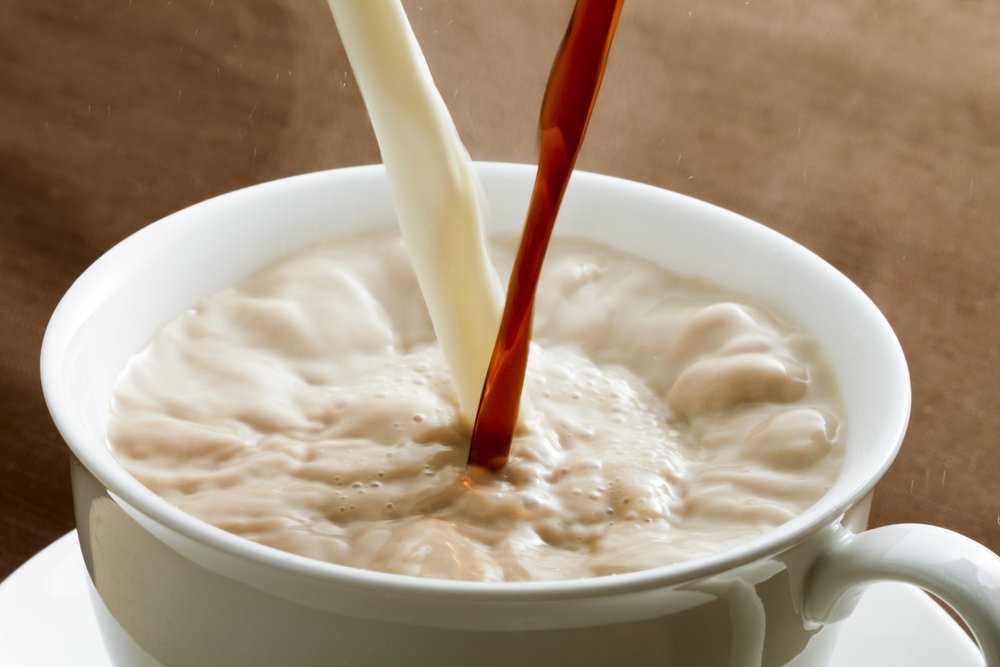ROCKVILLE, Md., U.S. – Sales of coffee creamers are on the rise. In the report, Refrigerated Coffee Creamers: U.S. Market Trends, market research firm Packaged Facts estimates that overall domestic retail sales for refrigerated coffee creamer products recorded an increase of more than 4%.
The increase came about as the rate of heavier usage continued creeping upwards, with the share of households consuming three or more containers per month at a five-year high of 12% even as the share of U.S. households consuming non-dairy cream substitutes remained at around 44% between 2011 and 2015.
Overall value was estimated at around $2.5 billion in 2015.
So why are the consumers who use these products using more? Credit the appearance of clean labels as the primary reason, with additional support coming from the expanded availability of plant-based creamers.
Nestlé, the leader in the coffee creamer category, has maintained its dominant position via an intense commitment to product innovation and development that leverages consumer demand for clean labels. Its vast Coffee-mate product assortment is augmented and updated continually.
At the same time, WhiteWave has become a leading contender through development and marketing initiatives in the creamer market built around plant-based creamers.
The company is also guided by a commitment to meeting the growing consumer demand for personalization in their coffee experience. The company expects a considerable return on its investment across its “better-for-you” lineup.
According to Packaged Facts’ proprietary National Consumer Survey, two-thirds of consumers prefer foods and beverages with fewer ingredients.
An impressive 40% of consumers — including a remarkable 65% of Millennials — are familiar with the term “clean label.”
Furthermore, the product features consumers associate with clean labels are very much aligned with how the food and beverage industry defines the term.
In the survey, consumers told Packaged Facts that the qualities and characteristics they associate with clean labels include:
- All-natural, organic, non-GMO
- A minimum of ingredients
- Pronounceable ingredients that consumers recognize and understand
- No preservatives, additives, or artificial ingredients
- Minimally processed without the use of pesticides, hormones, antibiotics
Whereas not long ago product development in the coffee creamers realm centered largely around new flavor varieties, the leading marketers of refrigerated coffee creamers are now aggressively responding to consumers’ desire for clean label products.
Part of the goal is to attract new customers by alleviating concerns expressed in the Packaged Facts survey that commercial creamers unhealthy/unnatural ingredients. Again Nestlé and WhiteWave have strategies that present a blueprint for success:
- Nestlé has consistently reported strong and accelerating growth for its Coffee-mate’s Natural Bliss dairy-based line ever since its 2011 launch. “Made delicious with ingredients you recognize,” Natural Bliss contains just five ingredients: milk, cream, cane sugar, salt, and natural flavor.
- WhiteWave Foods recently introduced Simply Pure under its International Delight label. Simply Pure is made with “real milk,” cream, and sugar with 2% or less of natural flavor and guar gum.
Plant-based products epitomize the clean label characterization. The success of the handful of currently available dairy alternative creamers suggests great promise for this niche.
Packaged Facts points to strong growth in the almond milk segment as the single most significant development in market trends.
Expansion of the market for plant-based dairy alternative beverages will also be driven by new offerings like cashew milk and hemp milk and combination formulations with such ingredients as chia quinoa.
While creamers have not reached quite that degree of novelty, the fact that recent plant-based creamers are line extensions of plant-based milk beverages is of critical significance. For example:
- WhiteWave’s plant-based Silk and So Delicious creamers make up a small share of mass-market sales. However, these two brands are growing fast. The lines have been expanded with new varieties and sizes, indicating the company’s confidence in the potential of this up-and-coming niche.
- Similarly, Califia Farms’ almond milk-based creamers are an emerging contender with an expanding product line.


















